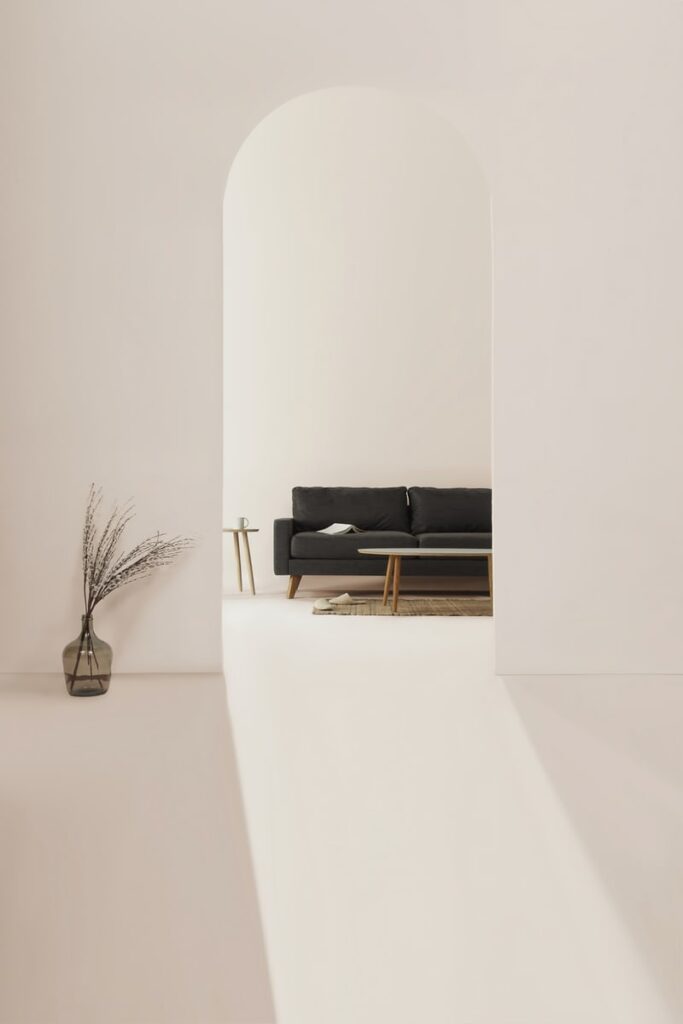Behind buying a property, transportation, food and paying off debt are next in line as the largest expenses for a typical middle class family and are arguably 10x easier to deal with considering there’s no such thing as a down-payment or 10-year fixed rate mortgage when paying for gas or buying groceries.
The scary thing about home buying is that it cannot be reversed. It’s a set done deal and there’s no turning back unless of course you don’t mind loosing thousands in non-refundable fees, precious time, possible belongings and your mind.
Before I purchased my rental property to lease out to my tenant back in March of 2020 to a former colleague, I was already aware and familiar with the crazy NYC real estate market that had just plummeted at the start of the pandemic.
I’ve lived here all my life and didn’t jump into the market because it just looked attractive.
I had my eyes on leasing a property for a while to diversify my portfolio beyond investing.
Buying a property wasn’t something that sparked interest when prices fell.
Home buying should never be something you want to get into because there are either juicy deals or because everyone else is doing it, something most Millennials fell into the trap of during this pandemic and now paying big bucks to get out of the mess.
As there were more New Yorkers and Californians moving out in herds from the most expensive cities along with vacant rentals and office buildings in 2020, NYC was a perfect opportunity and time for families, those in the heartland of America who always dreamed of moving to the Big Apple to snag the greatest deals.
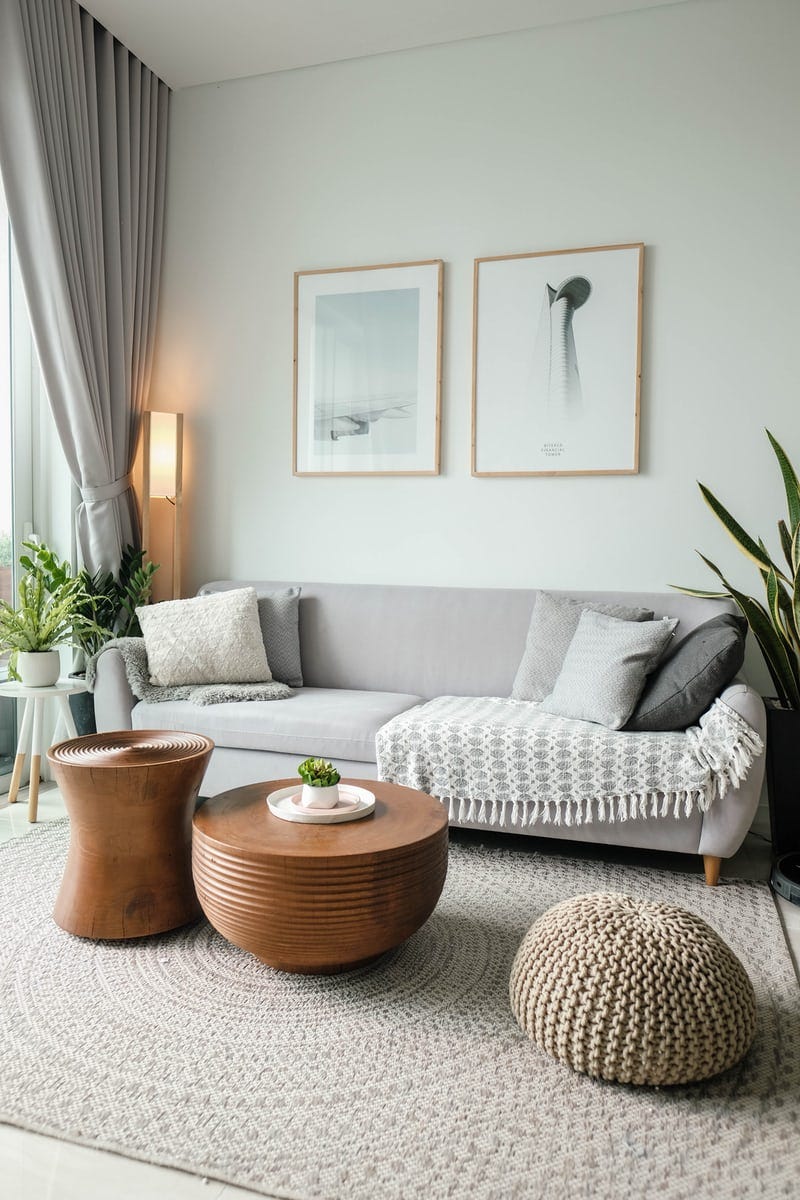
Yet low and behold a majority of rushed buyers allured to cheaper rates find:
-It always costs more than you think
-Takes longer than you think to close a deal
-There’s always going to be FOMO involved no matter where you live.
No doubt.
Buying a home isn’t an investment property until a few years down the road.
Return or Release
Renting provides a -100% (negative) return and if you want to decide if you should rent or buy, read here.
Renting is only worth it if you plan to live there for 5 years or less. Staying longer would cost too much and not be worth it to sell again.
When you are young, indecisive and dealing with debt, you have less stuff and don’t mind squeezing into a tiny studio to experience NYC. Twenty-somethings aren’t focused on buying their cozy, spacious ‘dream’ home just yet especially since they go out more and want to experience life outside.
When you get older which could mean a few years after graduating or decades later, you want to settle down because you are pretty much certain by then where you want to work for the next few years, might have a partner by your side and possibly want to start a family to get on with the dreamy American dream.
Maybe you want to become a part of the FIRE movement, Financial Independence Retire Early and in that case, buying a cozy home in the middle of nowhere for double the space but half the cost than in a city is a win-win.
Just warning you, retiring at 25 is not only stressful, it gets boring QUICK. You can read what I mean here.The point of a career isn’t to work till death for a couple years to relax for the rest. Moderation is key in everything. It should be sustainable and most importantly, enjoyable!
In March of 2020, I was fortunate to snag a great deal for a studio in NYC for less than half a million. Now that price might seem ridiculous to the North Dakotans or Georgians out there but for New York, that’s truly a bargain especially since everything was up to date, fully furnished, AC installed, gym downstairs and the maintenance, utilities, heat, electricity were all included.
Completely move in ready all I had to do was find a reliable renter with a stable job, preferably at a company.
PS: If you’re an entrepreneur looking to rent or buy a co-op, boards want to see stable passive income. They will most likely turn you down if you say you ‘work for yourself’ or ‘every month my paycheck is different and wild’. The more conservative and ‘boring’ your job is the better because it shows your income is that.
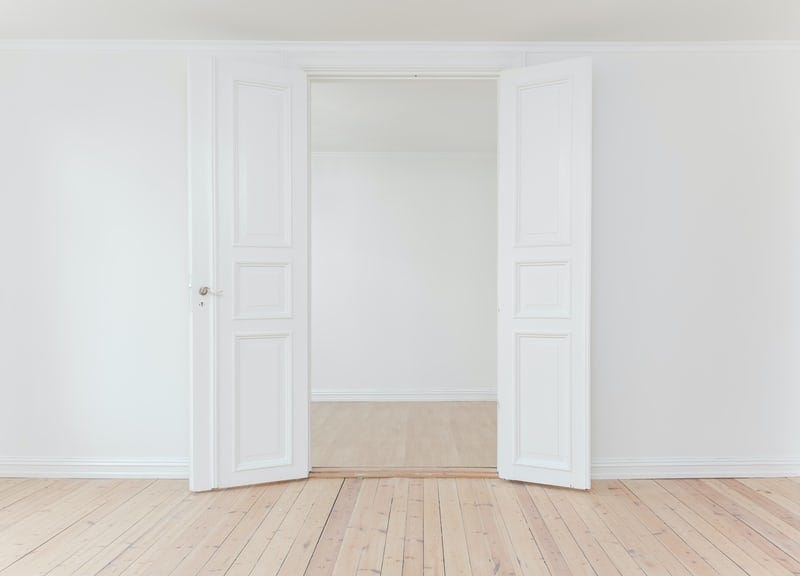
Process
Whatever you plan on buying or renting, always expect more trouble with everything. From packing, to deliveries, renovations to broker fees. It’s all a mess that we all seem to neglect!
With over 60% of homebuyers regretting their purchase, it’s not an easy decision but no easy way out either. It’s a set deal, especially when you purchase a property. Renting is much easier because you have a set contract for a few months or years and you can negotiate if circumstances change. You would have to pay your security deposit but if you’re in dire constraints, all you ahem to do is pack up and leave. No brokers, lawyers or open houses.
The rule of thumb is to never buy something just because it LOOKS like a great deal. If you aren’t looking to purchase a home, it’s okay to get a sense of what’s out there on the market as a perspective buyer as I did for a couple years before the pandemic began but just because interest rates are low, mortgage rates are at 2.5% and your neighbors are all moving to zero-tax states getting a nice juicy pool and backyard with a basement included, doesn’t mean you need it.
Keeping Up With The Joneses is not only dangerous but the worst thing you can do to your ego, bank account and lifestyle.
Same thing with shopping. You don’t want to browse around because if something looks cute, you will most likely get it. If you don’t go in, you would have never seen it and been enticed.
Having a role with purchasing is key and even if there’s the best sale on Black Friday, unless you have a reason, skip it because no matter if you’re saving $200 or $2k, you still end up spending money that didn’t need to be spent.
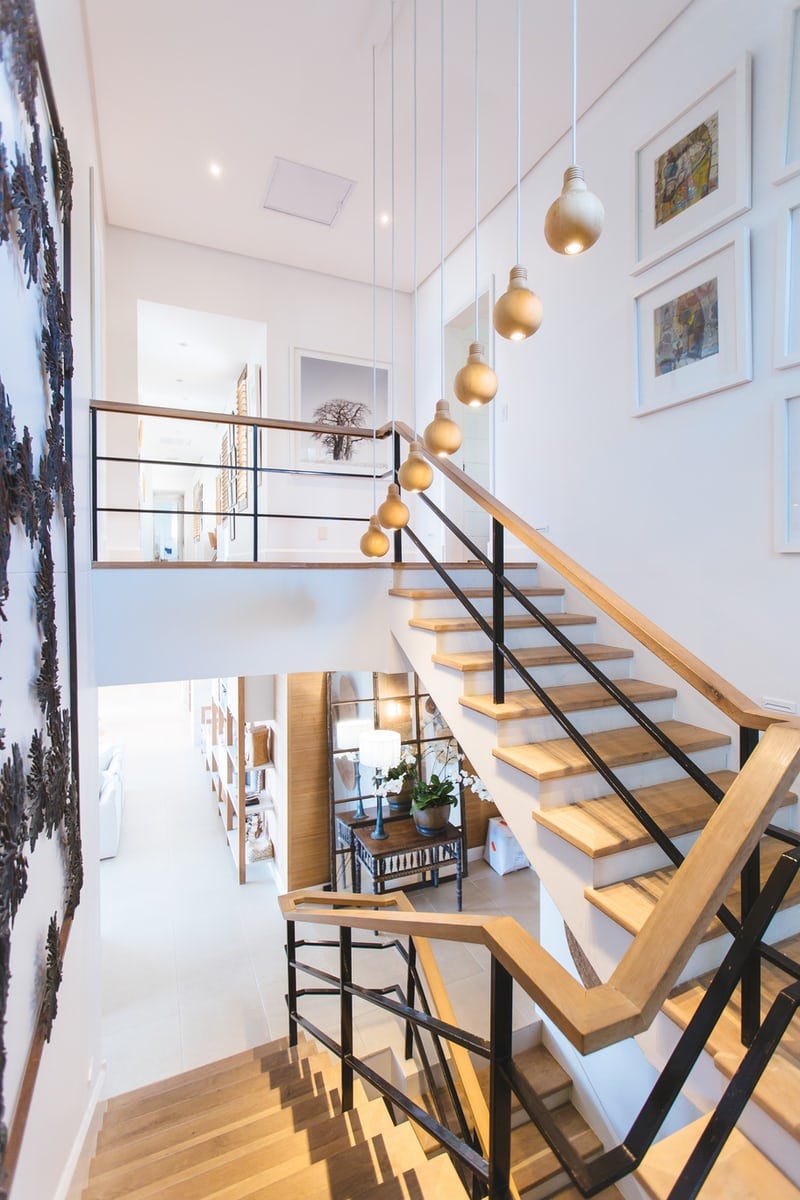
True Costs
Now this is the scary part.
Let’s uncover the true costs that no one talks about before moving in to your home sweet home.
Some of these costs also apply to rentals including utilities but it varies dependent on the unit but most of the time it’s included in the rent.
Upfront Lost Fees:
-6% of the purchase price goes into agent fees cut into profits made on the home
-Appraisal: Lenders conduct appraisals to confirm the value of the property to justify your loan amount. This is done in case you default on your loan, they want to determine if they can recoup the costs.
-Loan fees: Your loan is your mortgage. The more cash (deposit) you put down, the less loan (borrowed money) you have to pay each month. These fees include the origination fee, application, discount points, etc.
-Home inspection: This depends on the location and size of your property but must be done before move-in day. Can cost a few hundred to thousand.
Typical Monthly Payment for Buyers and Sometimes Renters:
-Downpayment: Recommended 20% cash deposit at least and then the rest a 10 or 30-year fixed mortgage
For renters, they put down and pay a security deposit if there is any damage at the end of their lease.
-Principal + interest: Part of the loan amount
-Utilities: This ranges from gas, electricity, internet garbage, water, etc. Larger house with more rooms = more expensive
Apartments have HOA fees where this covers maintenance, utilities and any amenities in the building at a fixed rate so all residents pay the same regardless of how little or a lot you use your water, electricity, etc. This is typically a few hundred to a thousand dollars.
As opposed to homes, these costs are tallied up separately and are more expensive since every flush you make to light you turn on costs a few cents. This is at least a couple thousand per month unless you’re living in a 1 bed shack.
-Homeowner’s Insurance: Similarly to renters, life, car or medical insurance, homeowners insurance covers any property damage due to fire or theft and the homeowner WILL NOT pay out of pocket since it is covered by the agency.
-Property Tax: The most expensive cities: NYC and San Francisco have the highest property taxes to fund public schools, fire protection, parks, and more. They vary on each city, town, borrow and village and varied by local government.
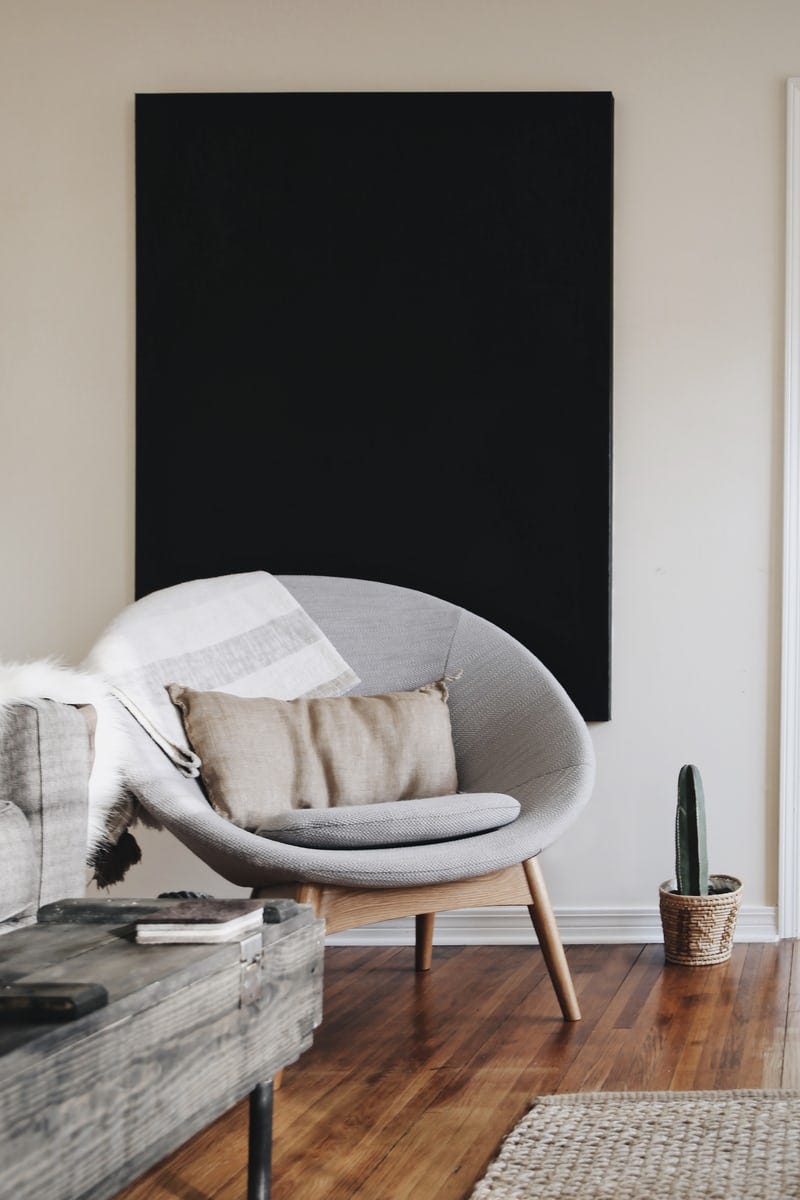
Since most people only live in their homes for roughly 8–10 years, adding up renovations, incurring monthly costs, upfront non-refundable fees, the structure of the property and of the real estate market at the time of selling, there’s no guarantee you will make a double return.
Ideally if you can live in your home for more than 10 years, it’s almost guaranteed you’ll make an investment/return since real estate always goes up overtime, just like the major indexes.
Real estate also offers higher return for less risk, is defensive, recession proof, necessary/always in-demand to live somewhere and a strong inflation hedge just like equities in the market.
But of course it’s all dependent if the location/area is good and if the property looks acceptable for sale.
If you’re living in your home for less than 8 years, your best bet is to pay attention to the state of the economy. As we’re awaiting herd immunity to approach in the next couple of months in the U.S. with the vaccine rollout, I would be mindful that once life gets back to normal again, the last thing people want to do is play boardgames in their fully furnished basement. They want to get out and leave their home alone!
ATTOM Data Solutions reported that homeowners owned their house for an average of 8.09 years before they move. Staying in your home for the short-term and selling after breaking up with it can cause you to lose more money than you paid for it.
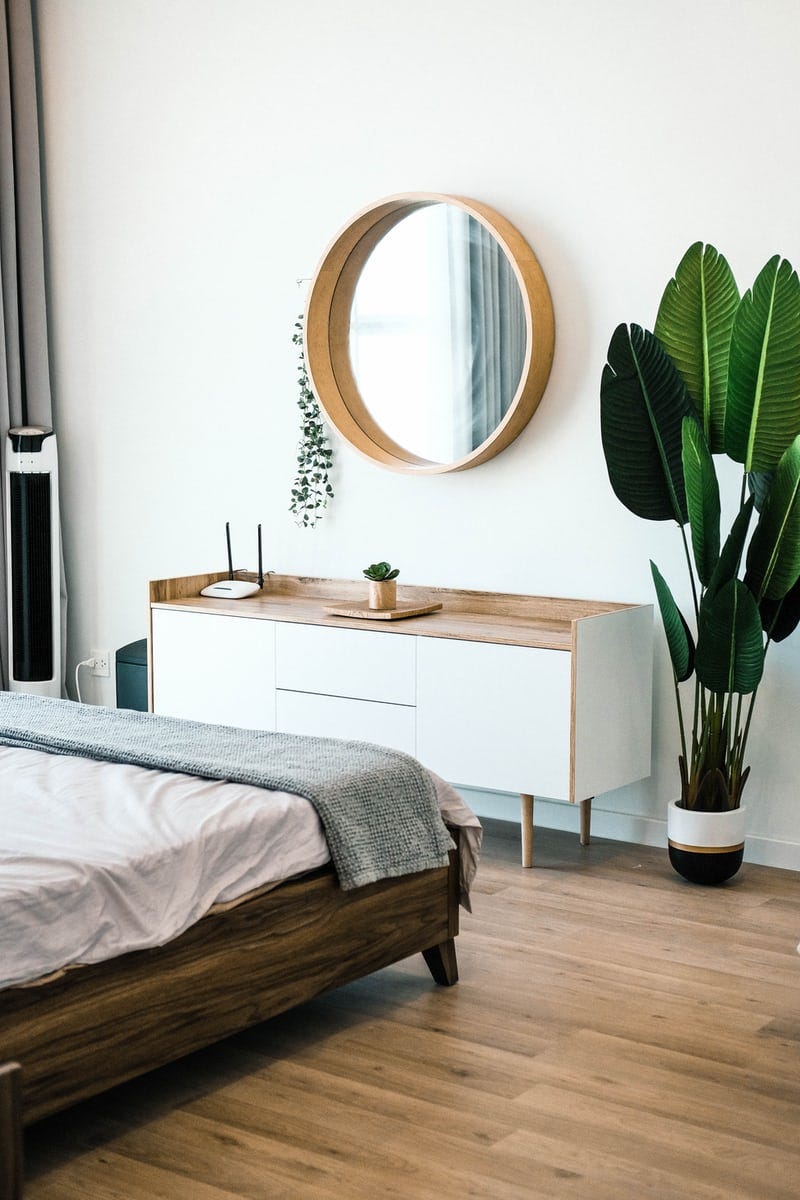
Questions to Ask
Obviously this is no quick decision and home buying is a make or break situation. It isn’t like a quick hookup.
You need to be in it for the long run or you could become broke.
To summarize, here are the most pressing questions you should ask yourself before buying or renting:
-Can I afford it?
-Why do I need it?
-What does this community + property offer me?
-Why can’t I wait?
-What’s wrong with my current situation?
-Stock market vs. real estate should I invest in the market or diversify my portfolio?
-Who am I doing this for?
Happy home buying! Make sure to never be lured by the enticing mortgage rates!
There’s always time and properties are constantly being built.
Make the decision when it’s best for YOU.

